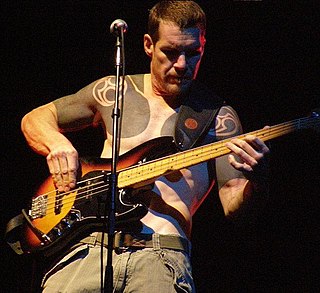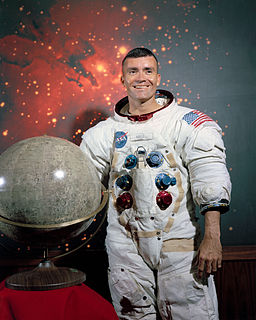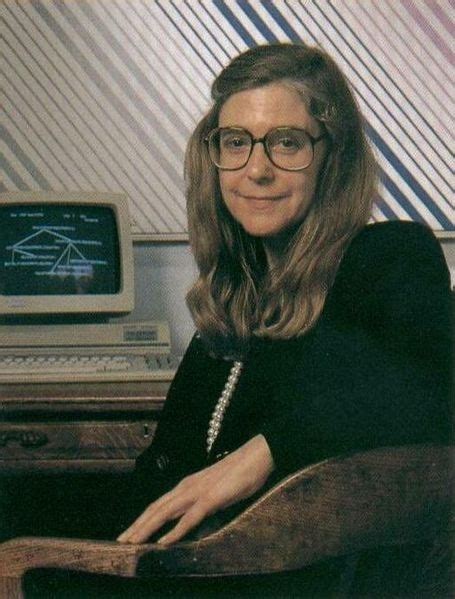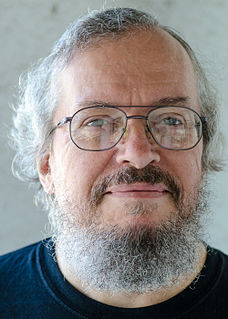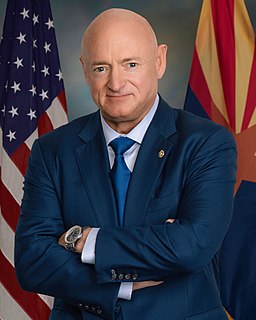A Quote by Tim Commerford
I'm a conspiracy theorist. I can't help but look at the lunar landing and go, 'We didn't go to the moon.' We never went there. My dad worked for NASA on the Apollo missions, and I've always felt it's been fake since I was a kid.
Related Quotes
I was an eight-year-old kid when I watched the first Apollo Moon Landing way back in 1969 and there was something about that moment that really stuck in my head. I'd always been interested in space and flying and I was building model rockets and model airplanes, but something about that moment, I can remember like it was yesterday watching the Apollo Lunar Lander approach the surface of the Moon and then later watching Neil Armstrong and Buzz Aldrin take the first steps on the Moon, and something that day started the dream for me that, hey, I want to be like those guys.
The exciting part for me, as a pilot, was the landing on the moon. That was the time that we had achieved the national goal of putting Americans on the moon. The landing approach was, by far, the most difficult and challenging part of the flight. Walking on the lunar surface was very interesting, but it was something we looked on as reasonably safe and predictable. So the feeling of elation accompanied the landing rather than the walking.
I actually don't remember Apollo 11 exactly because, at the time, I was five years old. The landing happened at night, and the walk on the moon happened at night eastern time, and I asked my parents; my mom said I was probably asleep, and so I just don't have any recollection. I do have recollection of the later missions to the moon.
If we go back to the moon, we're guaranteed second, maybe third place because while we are spending all that money, Russia has its eye on Mars. Landing people on the moon will be terribly consuming of resources we don't have. It sounds great - 'Let's go back. This time we're going to stay.' I don't know why you would want to stay on the moon.
To send humans back to the moon would not be advancing. It would be more than 50 years after the first moon landing when we got there, and we'd probably be welcomed by the Chinese. But we should return to the moon without astronauts and build, with robots, an international lunar base, so that we know how to build a base on Mars robotically.
